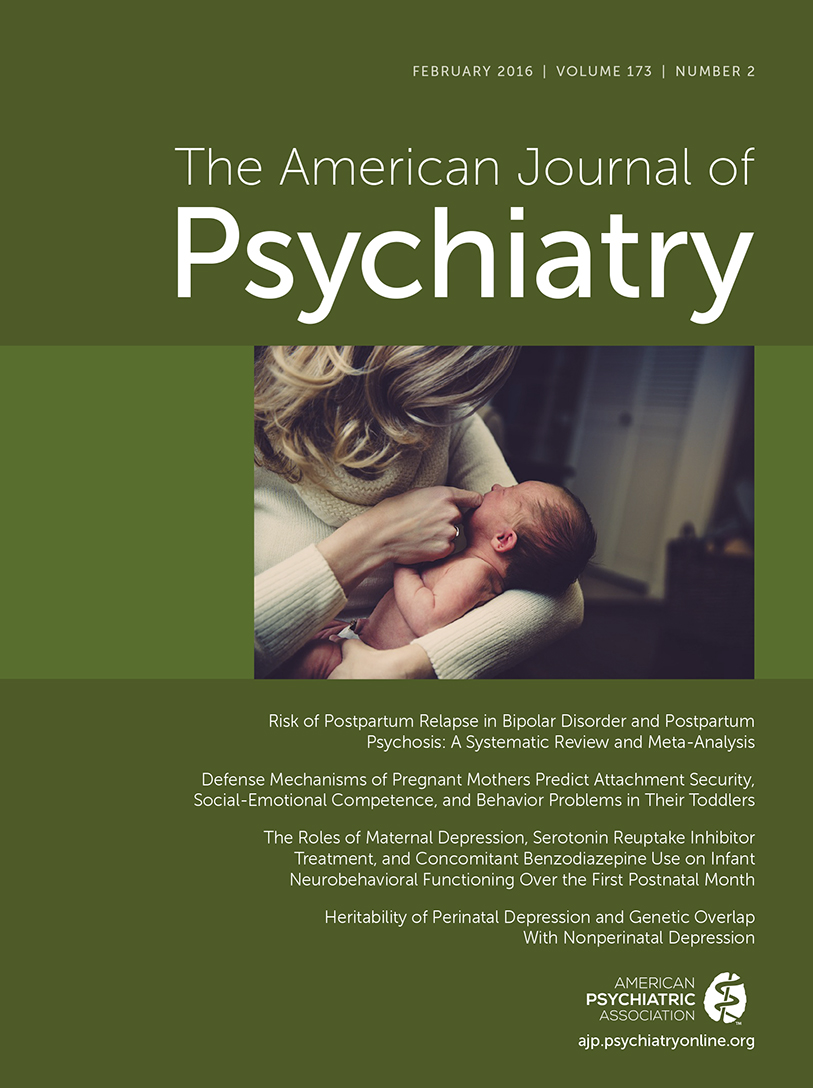Systematic Review and Meta-Analysis: Dose-Response Relationship of Selective Serotonin Reuptake Inhibitors in Major Depressive Disorder
Abstract
Objective:
Previous studies suggested that the treatment response to selective serotonin reuptake inhibitors (SSRIs) in major depressive disorder follows a flat response curve within the therapeutic dose range. The present study was designed to clarify the relationship between dosage and treatment response in major depressive disorder.
Method:
The authors searched PubMed for randomized placebo-controlled trials examining the efficacy of SSRIs for treating adults with major depressive disorder. Trials were also required to assess improvement in depression severity at multiple time points. Additional data were collected on treatment response and all-cause and side effect-related discontinuation. All medication doses were transformed into imipramine-equivalent doses. The longitudinal data were analyzed with a mixed-regression model. Endpoint and tolerability analyses were analyzed using meta-regression and stratified subgroup analysis by predefined SSRI dose categories in order to assess the effect of SSRI dosing on the efficacy and tolerability of SSRIs for major depressive disorder.
Results:
Forty studies involving 10,039 participants were included. Longitudinal modeling (dose-by-time interaction=0.0007, 95% CI=0.0001–0.0013) and endpoint analysis (meta-regression: β=0.00053, 95% CI=0.00018–0.00088, z=2.98) demonstrated a small but statistically significant positive association between SSRI dose and efficacy. Higher doses of SSRIs were associated with an increased likelihood of dropouts due to side effects (meta-regression: β=0.00207, 95% CI=0.00071–0.00342, z=2.98) and decreased likelihood of all-cause dropout (meta-regression: β=–0.00093, 95% CI=–0.00165 to −0.00021, z=−2.54).
Conclusions:
Higher doses of SSRIs appear slightly more effective in major depressive disorder. This benefit appears to plateau at around 250 mg of imipramine equivalents (50 mg of fluoxetine). The slightly increased benefits of SSRIs at higher doses are somewhat offset by decreased tolerability at high doses.



